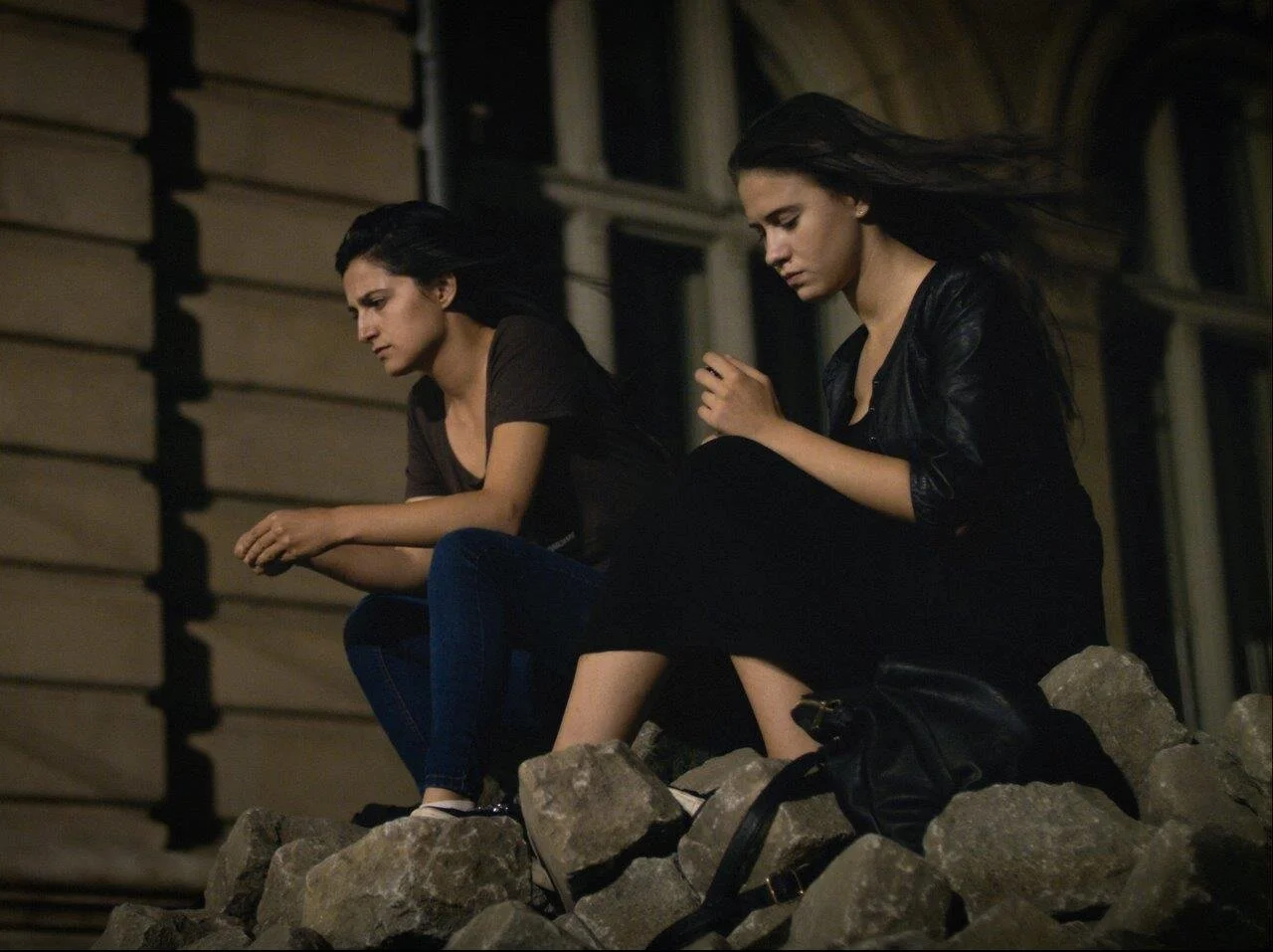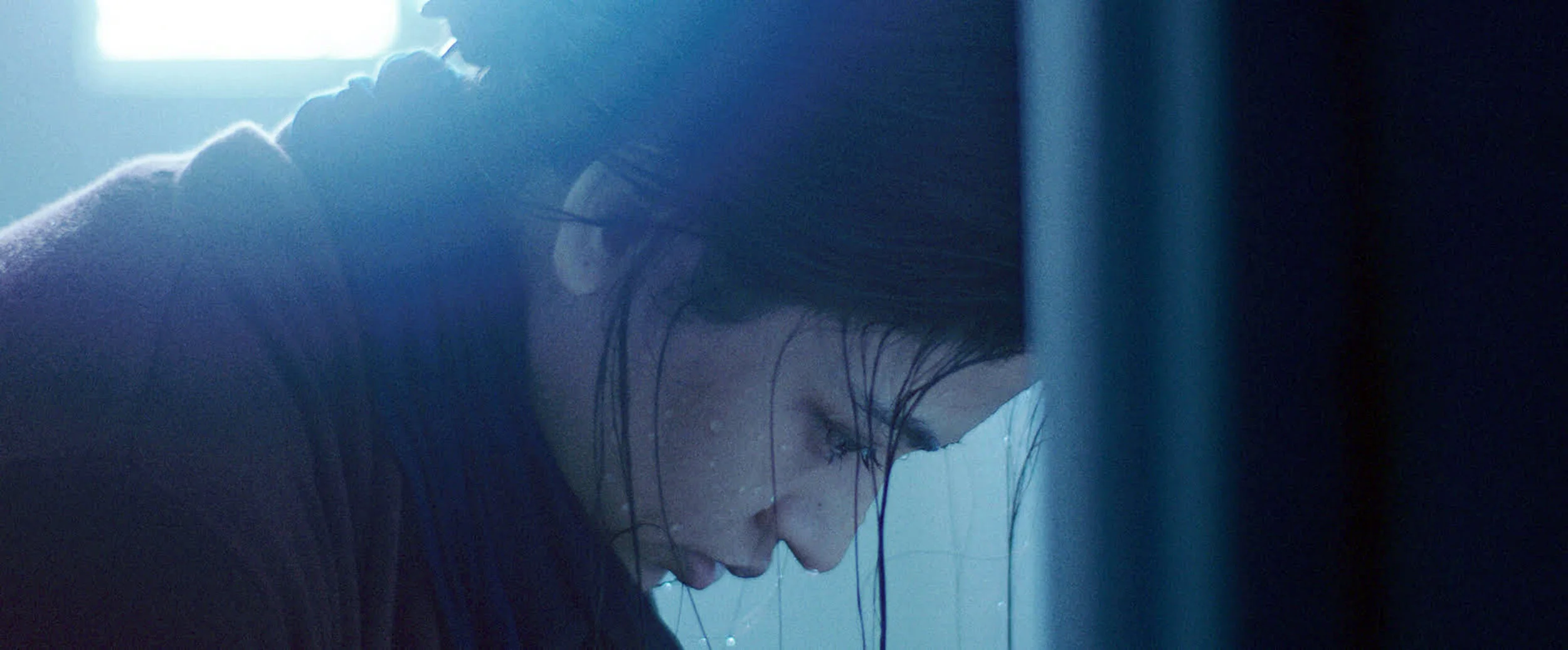FREDA- directed by Gessica Généus
FREDA directed by Gessica Généus
Country: Haiti, Benin, France | Program: Un Certain Regard
Cast: Néhémie Bastien - Freda | Djanaïna François - Esther | Fabiola Rémy - Jeanette
Cantave Kerven - Moïse | Juancito Jean - Yeshua
Néhémie Bastien ought to be marked as a talent to watch following her illuminating performance as the strong-willed and spirited Freda in Gessica Généus’ Creole-language debut. Set against a backdrop of the political turmoil and social upheaval which prevailed in the Haiti of 2018—which continues to this day, exacerbated by the assassination of Haiti’s president Jovenel Moïse on July 7, 2021—Freda explores the cultural oppression and colonial legacies which continue to dominate Haitian society. In a country where women are encouraged to strive for beauty, that they might become the coveted prize of a wealthy man, and education is deemed a fruitless pursuit for young women like Freda, Bastien’s eponymous character explores the reality that paving the way for progress can only be achieved in defiance of these cultural expectations.
The odds are stacked against Freda and her sister Esther (Djanaïna François) from the outset. Along with their formidable mother Jeanette (Fabiola Rémy), the tight-knit family are saving money to help brother Moïse join friends who have already fled to Chile. Anthropology student Freda fights to continue her education in spite of sparsely populated classrooms and the absence of professors who are habitually on strike. Brief moments of tranquility and familial closeness during scenes in the small family shop in Port-au-Prince are shattered as the surrounding streets erupt in gunfire, and the film is interspersed with protests and demonstrations against widespread corruption and endemic poverty captured by cinematographer Karine Aulnette that bear an authenticity that gives the unrest a documentary urgency.
Généus’ compelling script imbues her formidable female characters with acerbic wit and an incisive awareness of how to navigate their precarious lives in Haiti. Freda speaks truth to power with her classmates in classroom scenes reminiscent of a Ken Loach drama. Esther whitens her skin and flirts with potential prospects, forgoing her love for one man to marry a politician of formidable means, in a deliberate move which brings to mind Florence Pugh’s line as Amy March in Greta Gerwig’s Little Women: ‘I've always known I would marry well. Why should I be ashamed of that?’ Jeanette embodies the tragedy of a country ill-equipped to protect its youth, raising her children with the worn determination of a mother who has seen it all and lives in anticipation of more heartache to come. Her pungent one-liners about the state of the country, the religion to which she fastidiously clings and her children’s open-ended fates inject a particularly wry humour into the dialogue.
Freda struggles with the dilemma of whether to remain in Haiti with her family or acquiesce to her artist boyfriend Yeshua’s proposal to leave for the Dominican Republic, where he moved after almost losing his life to a stray bullet that hit him through his flimsy bedroom wall. The family bonds that tie Freda to Port-au-Prince are commingled with her exasperated hope: she desperately wants more for her community, willing Haiti to overcome its many woes and break its cycle of cultural repression and endemic corruption. The personal and the political intertwine throughout, and Freda and her family navigate the pain and precarity of their existence with captivating performances that combine to deliver Freda as a defiant and deeply moving tale of female resilience.
A UK release date for Freda is yet to be confirmed.








